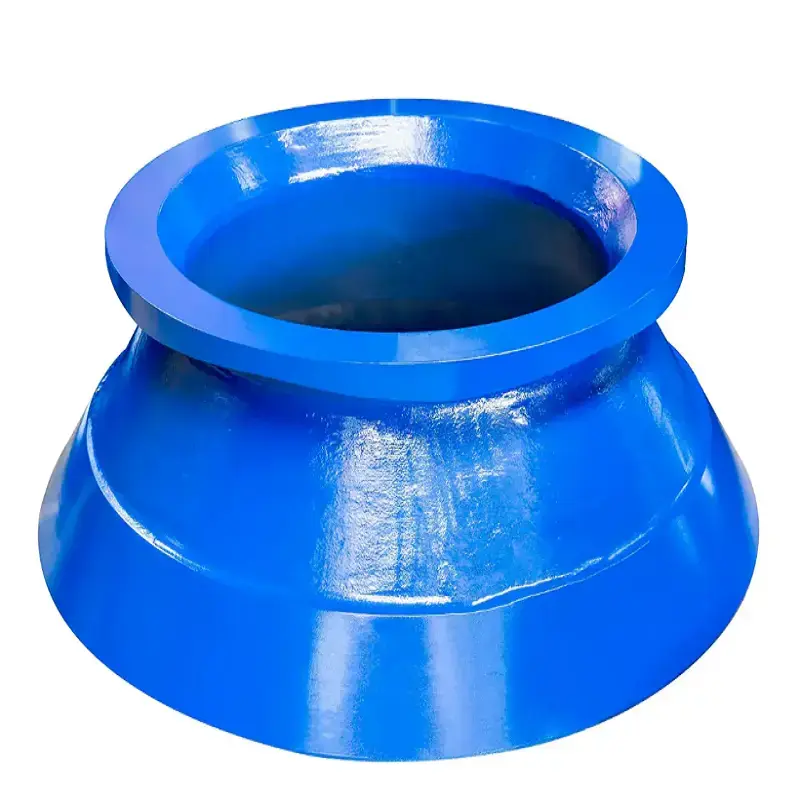The Application of impact crushers in Aggregate production
As one of the important raw materials in the construction industry, the production process of aggregates has strict requirements for the selection and performance of equipment. The impact crusher, with its characteristics of high efficiency, energy conservation and strong adaptability, plays a crucial role in aggregate production. This article will explore the application of impact crushers in aggregate production and the advantages they bring.
First, the basic process of aggregate production
Aggregate production typically involves steps such as raw material collection, primary crushing, fine crushing, screening and packaging. The impact crusheris mainly applied in the primary crushing and fine crushing stages. It crushes the raw materials by impact through the high-speed rotating rotor and Impact Plates to achieve the required particle size.
Second, the working principle of the impact crusher
The working principle of the impact crusher is based on the impact effect between the material and the high-speed rotating rotor and the impact plate. After the material enters the crushing chamber, it is subjected to high-speed impact from the rotor, then bounces back to the impact plate and is impacted again. This process repeats until the material is crushed to the required particle size. This process is not only highly efficient, but also capable of handling materials with a high moisture content and is not prone to clogging.
Third, application advantages
1.High efficiency
The impact crusher, due to its working principle, can quickly crush materials and improve production efficiency. For industries like aggregate production that have high efficiency requirements, the application of impact crushers can significantly enhance the overall efficiency of the production line.
2. Particle size adjustment
The impact crusher can flexibly adjust the particle size of the output by regulating the rotor speed and the Angle of the impact plate, meeting the demands of different aggregate products. This regulating ability makes the impact crusher highly adaptable in aggregate production.
3. Strong adaptability
The impact crusher can handle materials of various hardness, including hard rock and soft rock. In aggregate production, whether it is limestone, granite or other types of rocks, impact crushers can effectively crush them.
4. Easy to maintain
Compared with other types of crushers, the structure of the impact crusher is relatively simple, and its maintenance and repair work is more convenient. This reduces maintenance costs and enhances the availability of the equipment.
Fourth, technical parameters
When choosing an impact crusher for aggregate production, the following technical parameters need to be considered:
1.Processing capacity
According to the processing capacity of the production line, select the appropriate crusher model to ensure that its processing capacity matches that of the production line.
2. Energy consumption
Considering the energy consumption of the crusher, select equipment with a higher energy efficiency ratio to reduce production costs.
3. Wear resistance
Due to the high hardness of materials in aggregate production, the wear resistance of the crusher is a key factor affecting its service life.
Fifth, Conclusion
The application of impact crushers in aggregate production not only enhances production efficiency but also, due to their strong particle size adjustment capacity and adaptability, can meet the diverse demands of aggregate production. By rationally selecting and using impact crushers, the economic benefits and product quality of aggregate production can be effectively enhanced. With the advancement of technology and the accumulation of application experience, the role of impact crushers in aggregate production will become even more important.




